The Biblical epic of Noah and his Ark has been a childhood staple for generations of Sunday school going youngsters – the felt board classic, replete with cute animals sticking their heads over the side of a small houseboat. Darren Aronofsky’s homage to the timeless story feels more like a teen graphic novel, eager to fill the silences in the text with Marvel style heroes, villains and molten fallen angels. Stewardship is promoted as is the inherent innocence found in nature.
However far from being 139 minutes of environmentalist and progressive heresy that some quarters of the American religious zeitgeist had feared, there are many things for the traditionalist to savour in this contemporary take on the ancient mythos. Here are five things about the film for the traditionalist to take away from Darren Aronofsky’s Noah:
♦ The principle of imperfectability and theology of sin
♦ The power of oral tradition & mythos
♦ The synthesis of the creation story with the natural sciences
♦ A critique of green extremism
♦ The homage to Gustav Doré
The Principle of Imperfectability and Theology of Sin
Noah compellingly crystallises a deep principle that informs much of traditionalist thought – Humanity’s imperfectability:
Human nature suffers irremediably from certain grave faults […] Man being imperfect, no perfect social order ever can be created. Because of human restlessness, mankind would grow rebellious under any utopian domination, and would break out once more in violent discontent—or else expire of boredom. To seek for utopia is to end in disaster, the conservative says: we are not made for perfect things. (Kirk, 1993)
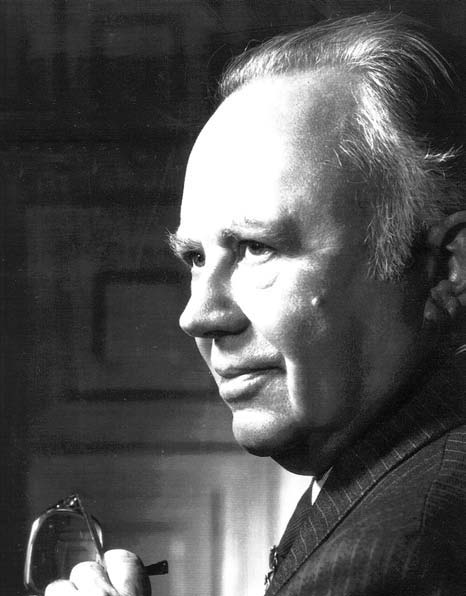
Russell Kirk (1918-1994)
At one point in the film, where Noah (Russell Crowe) realises that even though he and his family may survive the flood, the evil that lurks ‘out there’ will still be with them, in the ark and in their own hearts. It is a stunning realization for a man about to embark on a journey to ‘reset’ the human experience.
This revelation causes Noah to become intent on ensuring that humanity is wiped out after his family’s safe passage through the flood. The line of man will end with Japheth, his youngest son.
Noah’s wife appeals to him to think about the inherent goodness in his sons: Shem’s loyalty, Ham’s Integrity Japheth’s kindness – Noah refutes her by saying that Shem is blinded by desire, Ham is full of envy and Japheth is eager to please at all cost.
It is an important insight into the human condition – despite having a chance to start again and apparently escape the deluge of evil violently emanating from Cain’s industrialised civilisation – Noah realises that things really won’t change at all.
For Noah, humans are imperfectable and adept at following a path of desire, which gives birth to sin and death. This is what Augustine and Calvin call depravity.
As Kirk says, this principle should chasten us – no social order, political maxim or economic theory will ever result in a perfect state of existence.
The Power of Oral tradition & Mythos
The popularity of this film highlights the enduring power of mythos – The founding stories of a civilisation. This is evidenced in Noah’s own life when he receives the story of creation from his Father later passes this story to his own children. This story is used as a way of recalibrating their children’s understanding of the world. Setting the context for their lives in which the Creator is honoured and his moral code is paramount to an understanding of how to live.
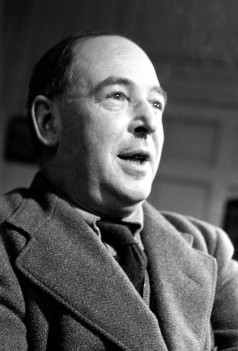
C. S. Lewis (1898-1963)
The contemporary viewer is neatly treated to how ancient oral tradition might have functioned. The ancients witnessing primordial events and existence and passing on what C.S. Lewis (cited in Edwards, 2007, p. 139) calls the “true myth” to their children. Within a man’s life the oral tradition is first heard, re-heard, learnt and then passed down to his children, all while the elders are within reach to correct, remind and reprove, in case the telling diverges from its essence.
The power of a Father’s blessing and the rites of passage that may entail are on show in Aronofsky’s Noah. Understandable from a director who himself, as a ‘child of Abraham’, has a special relationship with sacred tradition and the empowering understanding of kinship, race and posterity.
The Synthesis of the Creation Story with the Natural Sciences
There is one fascinating sequence when all of Noah’s own are safe upon the Ark, in the midst of the encompassing floodwaters where the patriarch recounts the creation story. While we hear the beautifully poetic words from Genesis including the way God spoke the world into existence in six days, we are treated to a stunning montage of the evolution of life from a simple cell all the way through to land based mammals. This is splicing of image and word is very powerful.
It brilliantly synthesises and unites the worlds of Mythos and Science in a way, which I think our culture, would find helpful. It simply diffuses the potentiality for conflict and promotes the idea put forward by Australia’s very own Professor Graeme Clark, inventor of the Bionic ear, “that one can reconcile the two (science and faith) – [as] different levels of explanation” (Clark, cited in Negus, 2004). Science answers the ‘how’ and ‘what’ where as myth answers the ‘why’ and ‘who’ questions.
This is theistic evolution on show as a potential path out of a stifling literalist fundamentalism.
A Critique of Green Extremism
(Spoiler Alert)
Towards the end of the film Noah is faced with a difficult choice: Has the creator asked him to ensure the end of the human race, or has he indeed provided for their continuation?
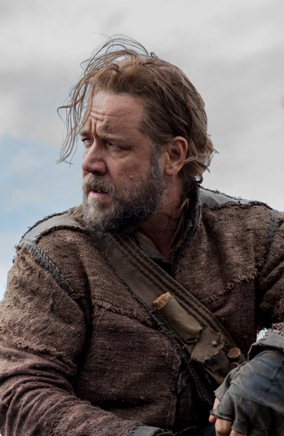
Russell Crowe as “Noah” in his latest film.
Noah believes that the creator has set in motion the events that will enable Noah to save the animals (who exist in a state of innocence unknown to humans since the garden) while allowing his family to see out their days in peace until their deaths, whereupon the youngest son Japheth will bury the older members and is then buried himself by the sands of time. This makes sense to Noah, as the only fertile woman is his wife (whom of course would be on board with her husbands task).
This conception of his purpose is shaken when the apparently barren Emma Watson, wife of Noah’s son Shem falls pregnant after the intervention of the old sage Methuselah (illustrating again the power of a Father’s blessing). Noah is faced with the impossible task of killing the children of his son and daughter-in-law to ensure the mission is complete.
When he finds out that she has given birth to two daughters (presumably future wives for the younger brothers) – it is plainly obvious to all on board that the creator intends humanity to be fruitful and multiply again. Noah eventually relents and does not kill the future hope of humanity. What is revealed is the mercy and justice of the creator and Noah’s own emotional journey through his given quest.
Now – at this point, I want to say that what ever environmentalist message could be read into the movie is undermined by the painfully evident point – To ensure a pure ‘environmentally friendly’ and ‘sustainable’ world requires the death of our children. The green paradigm has been about birth control, pro-choice and ‘later, longer, fewer’ for this very reason. It is the type of population control advocated by the sickening sycophant Dan Savage on The ABC’s Q&A last year and recently demonstrated by the United Kingdom’s NHS using aborted foetuses as recycled waste to fuel hospital heating systems.
The Homage to Gustave Doré
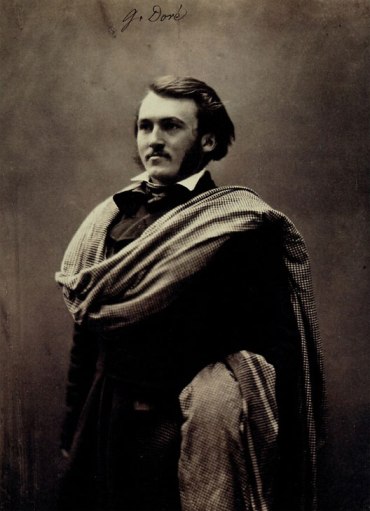
Gustave Doré (1833-1883)
Finally there is a beautifully dark homage to Gustave Doré, the 19th Century French artist and illustrator famous for his etchings of literary classics including Cervantes’ Don Quixote and Dante’s Inferno. In 1866 Doré was commissioned to illustrate the Bible, and one of his harrowing images is recreated in the film Floodwaters Destroying the World (image above).
Concluding Thoughts
Traditionalists should take heart – the Floodwater as cleansing motif is bound to find a place in the hearts of many. Especially in the way we think about our culture and civilisation. We have a hope of a great deluge of water to cleanse to earth of filth once more. Be it the apocalyptic return of Christ, or something more at hand, worldly and geo-political.
Oswald Spengler, a German historian argued in his The Decline of the West (1918), that rather than driving towards progress, human societies have a “definite duration” and are cyclical in nature, rising, maturing then falling. The Western world is in the final phase and will capitulate because it had become materialistic:
Power can be overthrown only by another power, not by a principle, and only one power that can confront money is left. Money is overthrown and abolished by blood. Life is alpha and omega […] ever-in history it is life and life only – race-quality, the triumph of the will-to-power […] (Spengler, 1918.)

Oswald Spengler (1880-1936)
For Spengler “money” can signify the brutal materialism of Cain inherent in both decadent capitalism and decay-ridden socialism and both leading to the end of a civilisation. It is only the power of “blood” that can prevail against money. Spengler the prophet of two world wars may be proven right again in our lifetime.
In Noah’s case the blood that overthrew money was the floodwater and the will to power was the Creator’s own. This may leave the despondent asking; does God really intervene in History?
Ultimately, Noah is a reminder for us, that what matters most is our ark, the family unit and the retelling of the great mythos to guide and establish our own young in the realities of kinship, race and posterity – in order to survive into the new world.
– Dewi Sant
The author, who publishes under this pseudonym, is a Religion and Visual Arts pedagogue in a prestigious Sydney boys school.
Bibliography
- Bruce L. Edwards, C.S. Lewis: Fantasist, Mythmaker, and Poet (Praeger Publishers, 2007).
- Russell Kirk, (1993). “Ten Conservative Principles” The Russel Kirk Centre for Cultural Renewal (undated) <www.kirkcenter.org> (accessed 3 April 2014). These principles were adapted by the Russel Kirk Centre for Cultural Renewal from Kirk’s The Politics of Prudence (1993). See also: “Quote of the Week: Russell Kirk ‘The Conservative Mind'” SydneyTrads (23 April 2012) <www.sydneytrads.com> (accessed 3 April 2014).
- George Negus, Transcript, “Professor Graeme Clark” GNT Profiles (Australian Broadcasting Corporation, 27 May 2004) <www.abc.net.au> (accessed 3 April 2014).
- Oswald Spengler, The Decline of the West (Oxford University Press, 1918).
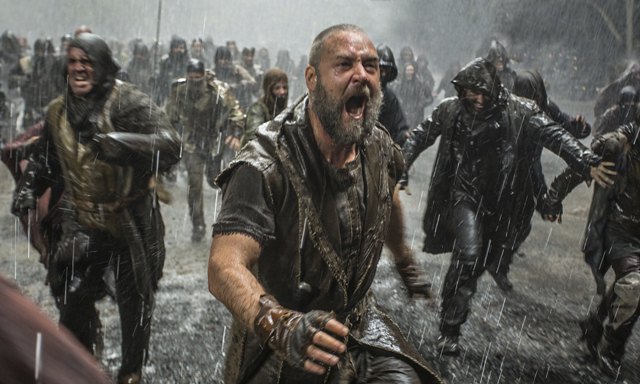
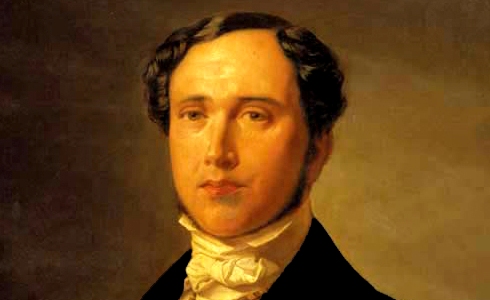
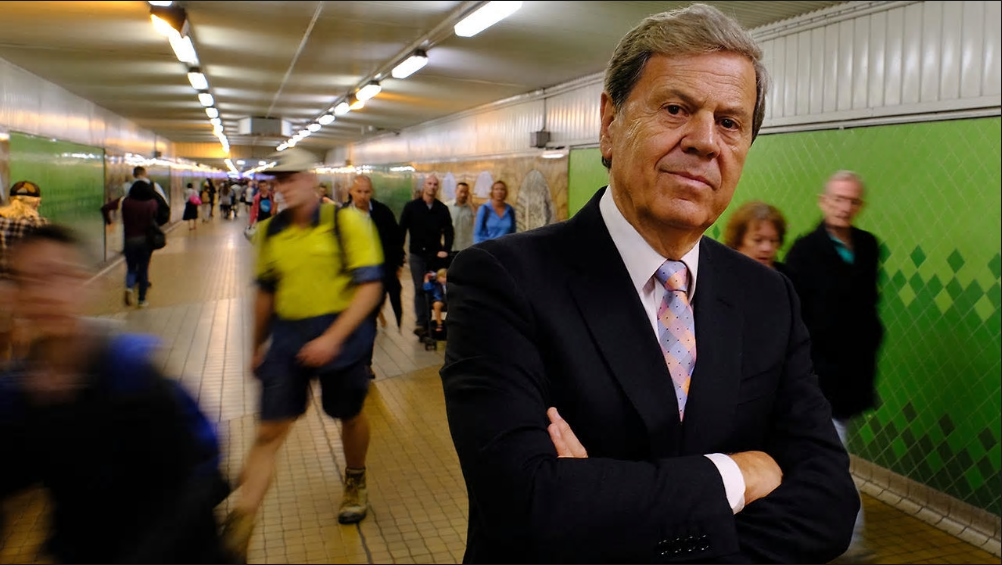
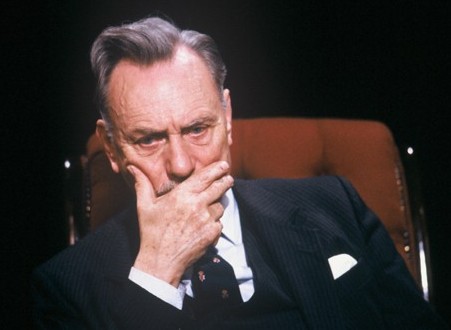
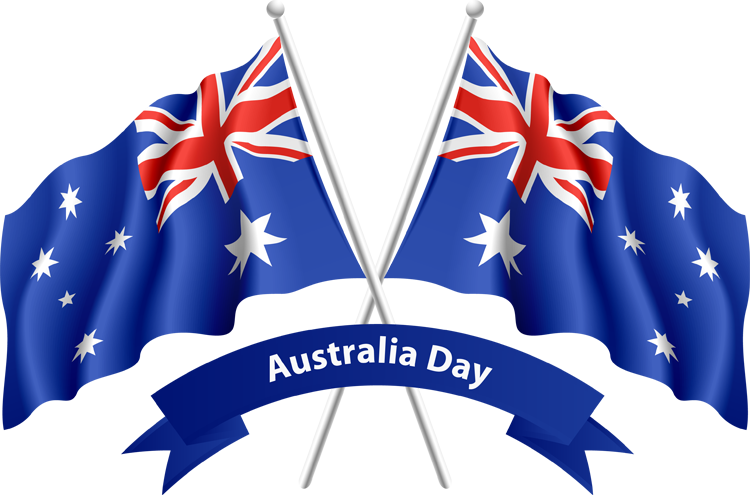
Be the first to comment on "Ark de Triumph: Review of “Noah” (Darren Aronofsky)"